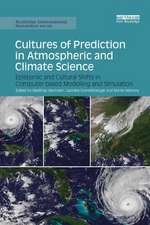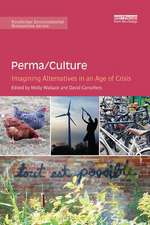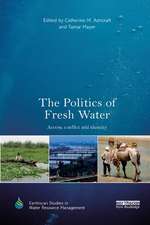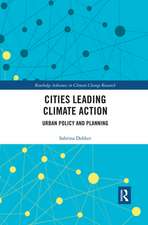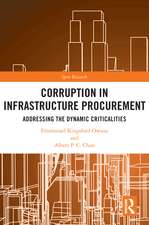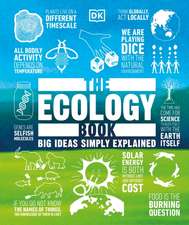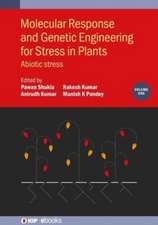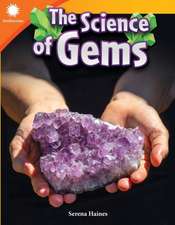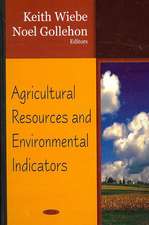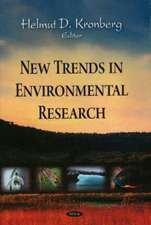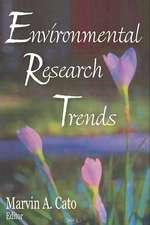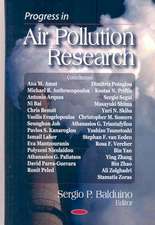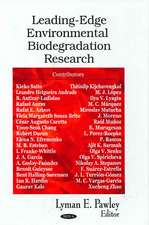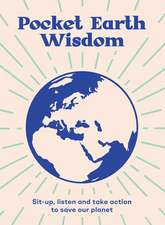Computable General Equilibrium Model for Environmental Policy Analysis
Autor Luz Centeno Stenberg, Mahinda Siriwardanaen Limba Engleză Hardback – 31 mar 2009
Preț: 649.53 lei
Preț vechi: 885.95 lei
-27% Nou
Puncte Express: 974
Preț estimativ în valută:
124.29€ • 132.91$ • 103.63£
124.29€ • 132.91$ • 103.63£
Carte disponibilă
Livrare economică 28 martie-11 aprilie
Preluare comenzi: 021 569.72.76
Specificații
ISBN-13: 9781606922507
ISBN-10: 1606922505
Pagini: 183
Ilustrații: Illustrations
Dimensiuni: 188 x 267 x 19 mm
Greutate: 0.54 kg
Editura: Nova Science Publishers Inc
ISBN-10: 1606922505
Pagini: 183
Ilustrații: Illustrations
Dimensiuni: 188 x 267 x 19 mm
Greutate: 0.54 kg
Editura: Nova Science Publishers Inc
Cuprins
Preface; Introduction; The Master Plan, Deforestation & the Philippine Forests; Theoretical Structure of the Cge Model For The Philippine Economy; Database of the Model; An Application of The Model: The Long-Run Effects of Limiting Deforestation in the Philippine Economy; Conclusion & Direction For Future Research; Index.

